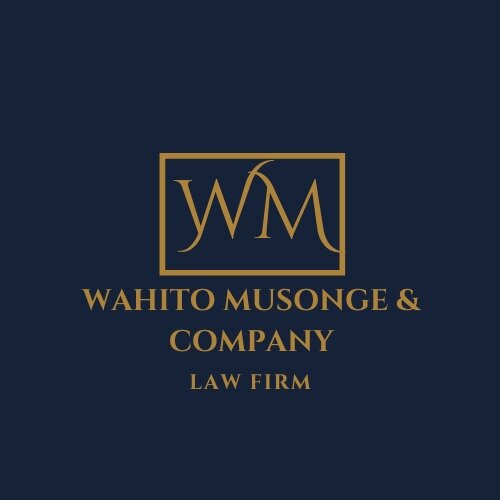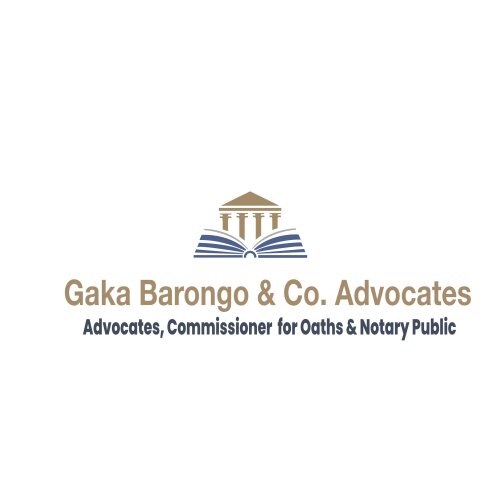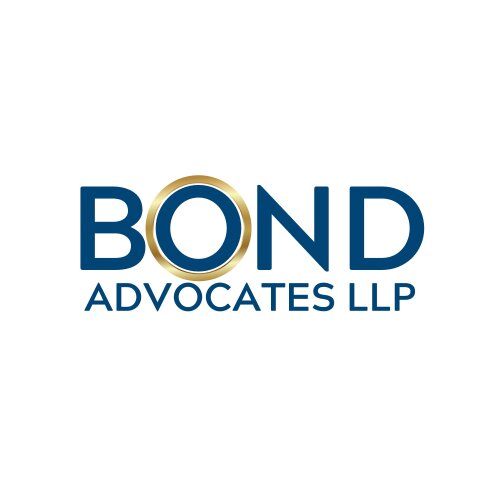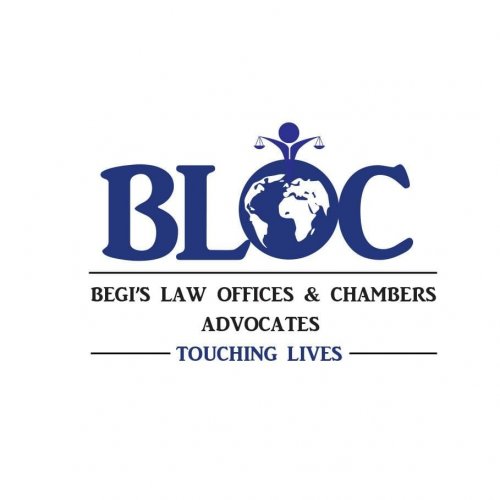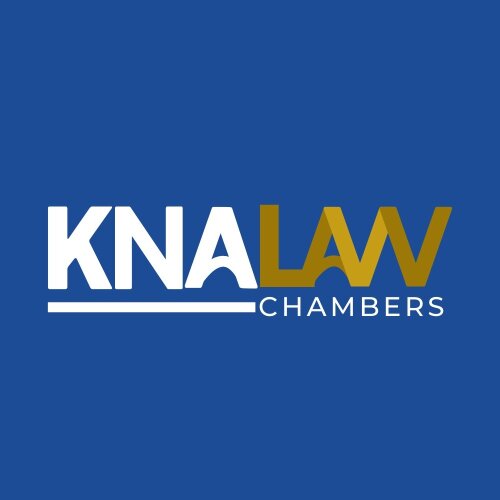Best State, Local, and Municipal Law Lawyers in Nairobi
Share your needs with us, get contacted by law firms.
Free. Takes 2 min.
List of the best lawyers in Nairobi, Kenya
About State, Local, and Municipal Law in Nairobi, Kenya
State, Local, and Municipal Law in Nairobi, Kenya, encompasses the rules and regulations that govern the operation of local government entities and their interaction with residents. This field of law covers various areas such as land use, zoning, public services, government contracts, environmental regulations, and local taxation. Nairobi, being the capital city of Kenya, has its own set of municipal laws that align with both national legislation and the unique needs of its metropolitan population. The main governing bodies include the Nairobi City County Government and various local administrative offices working under the devolved system of government introduced by the Kenyan Constitution of 2010.
Why You May Need a Lawyer
There are several situations where consulting with a lawyer experienced in State, Local, and Municipal Law is beneficial:
- Property Disputes: Issues like boundary disputes, zoning regulations, or building permits might require legal intervention.
- Business Compliance: Local businesses must adhere to municipal business regulations, and deviations might need legal rectification.
- Taxation Matters: Disputes or clarifications regarding local taxes and levies imposed by the Nairobi City County may require legal guidance.
- Public Services: Challenges with the provision or denial of municipal services such as water, waste management, or road maintenance.
- Challenge to Administrative Decisions: If adversely affected by local government decisions, you might need legal avenues to address grievances.
Local Laws Overview
Several key local laws and regulations are particularly relevant in Nairobi:
- Nairobi City County Act: Governs the powers, functions, and duties of the Nairobi City County Government.
- Physical Planning Act: Guides rules regarding land use and zoning within Nairobi, affecting residential, industrial, and commercial developments.
- Local Government Act: Provides a framework for the governance of local areas, now supplemented by newer legislation under the devolved government structure.
- Environmental Management and Coordination Act: Protects the environment within Nairobi from pollution and degradation.
- Trade License Regulations: Requirements for obtaining and maintaining business licenses.
Frequently Asked Questions
What is the role of the Nairobi City County Government?
The Nairobi City County Government is responsible for administering local services such as water, sanitation, health services, and infrastructural development, enforcing local laws, and handling civic affairs within Nairobi.
How can I challenge a zoning decision made by the local authority?
To challenge a zoning decision, you can file an appeal with the Physical Planning Liaison Committee or seek judicial review in the High Court of Kenya.
What are 'community land' regulations?
Community land in Kenya is land lawfully held, managed, and used by specific communities. Regulations ensure equitable access and sustainable use, as stipulated in the Community Land Act.
Do local taxes differ within Nairobi?
Yes, local taxes and rates can differ based on specific regions within Nairobi City County due to the varying economic activities and properties' valuation within those areas.
How are disputes involving local government services handled?
Disputes over local government services can be addressed through complaints mechanisms within the county government, or, if unresolved, through legal channels like courts or tribunals.
Can I represent myself in a legal dispute with the municipal authority?
Yes, while self-representation is allowed, it is often advantageous to consult or retain a lawyer due to the complexity of municipal laws and regulations.
What steps are involved in obtaining a business license in Nairobi?
To obtain a business license, you must apply to the Nairobi City County, providing necessary documents such as your PIN certificate, copies of national IDs, and compliance with public health requirements.
Are building codes enforced in Nairobi?
Yes, Nairobi enforces strict building codes to ensure safety and compliance with zoning laws. Non-compliance could lead to fines or the demolition of non-compliant structures.
How does one register a community-based organization (CBO) within Nairobi?
To register a CBO, submit your application to the Department of Social Services with required documents such as the constitution of the group, names, and IDs of the officials, and pay the necessary registration fees.
What is Integrated Urban Development in Nairobi?
Integrated Urban Development in Nairobi refers to coordinated efforts to manage urbanization sustainably involving strategic planning across sectors such as transport, housing, and environmental protection to enhance quality of life.
Additional Resources
Various resources can assist you if you're dealing with State, Local, and Municipal Law issues:
- Nairobi City County Government: The primary body for local regulations and public services.
- Physical Planning Liaison Committee: Handles land use and zoning appeals issues.
- Kenya Law Reform Commission: Offers legal documents, publications, and updates on Kenyan laws.
- Environment and Land Court: Specialized court dealing with land and environment-related disputes.
Next Steps
If you require legal assistance, consider the following steps:
- Identify your Legal Need: Clearly outline the specific area of law or issue you need assistance with.
- Contact a Lawyer: Seek a lawyer who specializes in State, Local, and Municipal Law in Nairobi. This can be through legal directories or personal recommendations.
- Consultation: Schedule a consultation to discuss your case and understand your legal options and obligations.
- Gather Relevant Documents: Prepare and organize all necessary documents and information related to your legal issue before meeting your lawyer.
- Explore Alternative Dispute Resolution: Depending on the issue, it might be worthwhile exploring mediation or arbitration as a faster, less adversarial solution.
Lawzana helps you find the best lawyers and law firms in Nairobi through a curated and pre-screened list of qualified legal professionals. Our platform offers rankings and detailed profiles of attorneys and law firms, allowing you to compare based on practice areas, including State, Local, and Municipal Law, experience, and client feedback.
Each profile includes a description of the firm's areas of practice, client reviews, team members and partners, year of establishment, spoken languages, office locations, contact information, social media presence, and any published articles or resources. Most firms on our platform speak English and are experienced in both local and international legal matters.
Get a quote from top-rated law firms in Nairobi, Kenya — quickly, securely, and without unnecessary hassle.
Disclaimer:
The information provided on this page is for general informational purposes only and does not constitute legal advice. While we strive to ensure the accuracy and relevance of the content, legal information may change over time, and interpretations of the law can vary. You should always consult with a qualified legal professional for advice specific to your situation.
We disclaim all liability for actions taken or not taken based on the content of this page. If you believe any information is incorrect or outdated, please contact us, and we will review and update it where appropriate.







